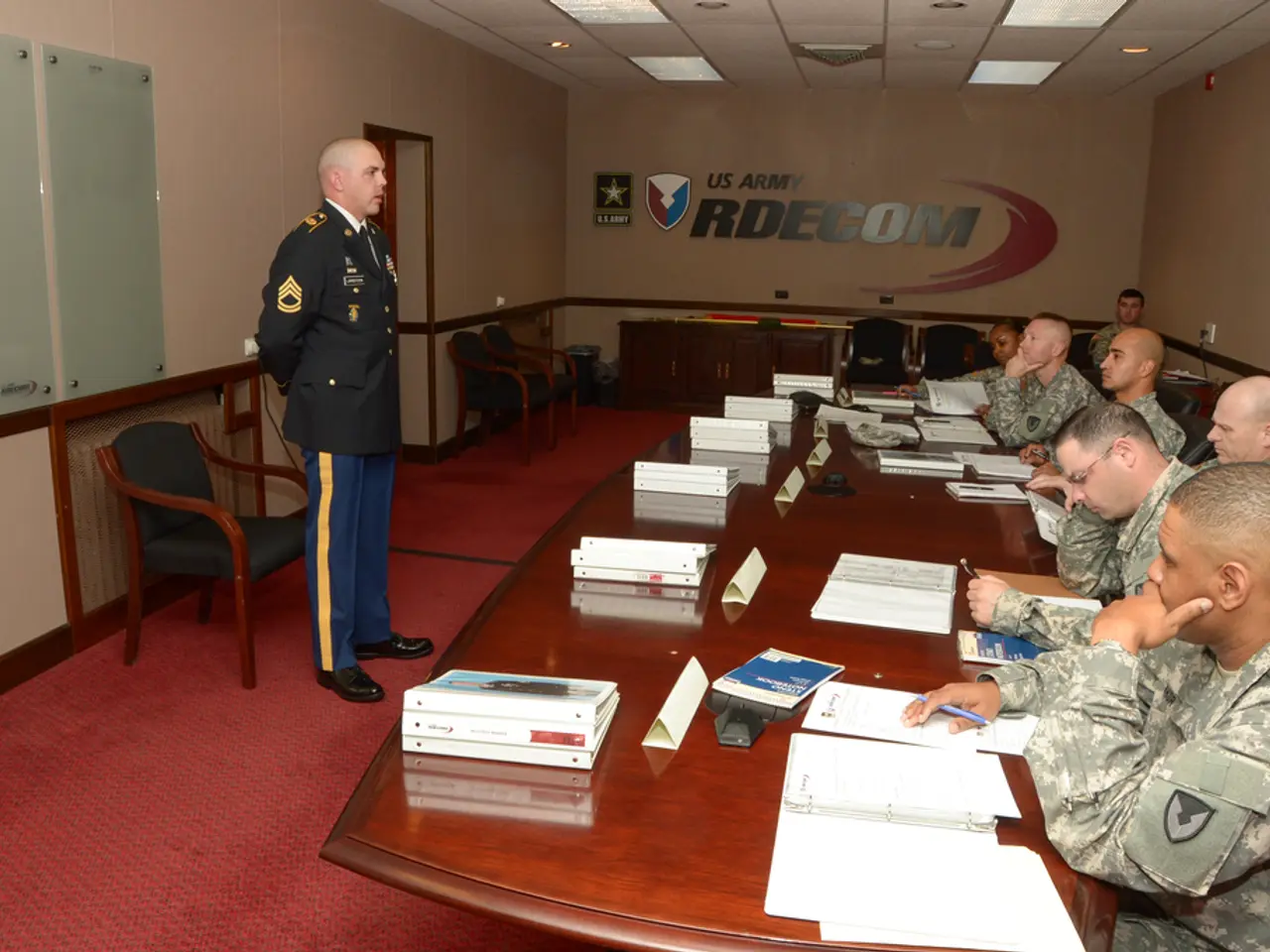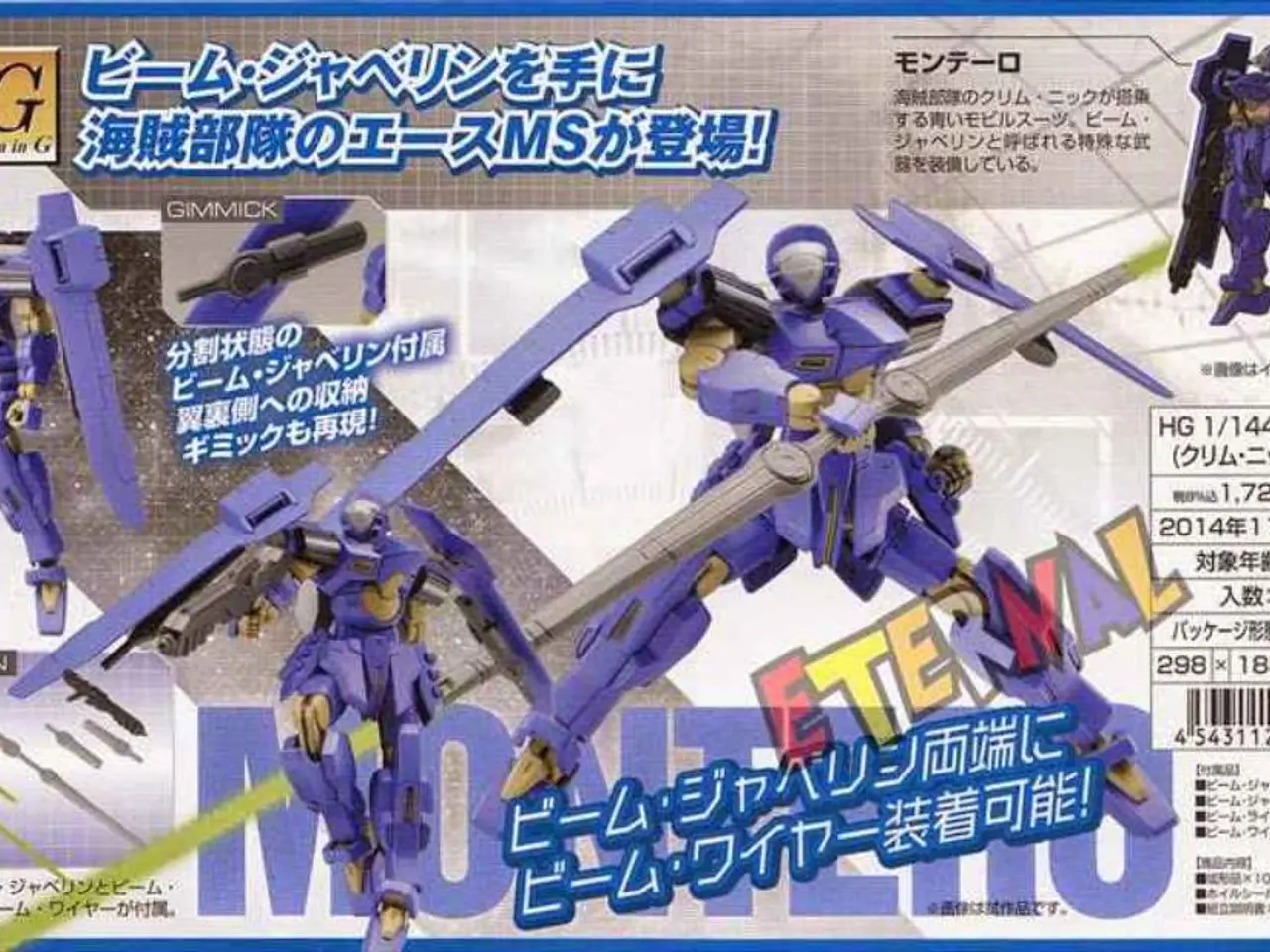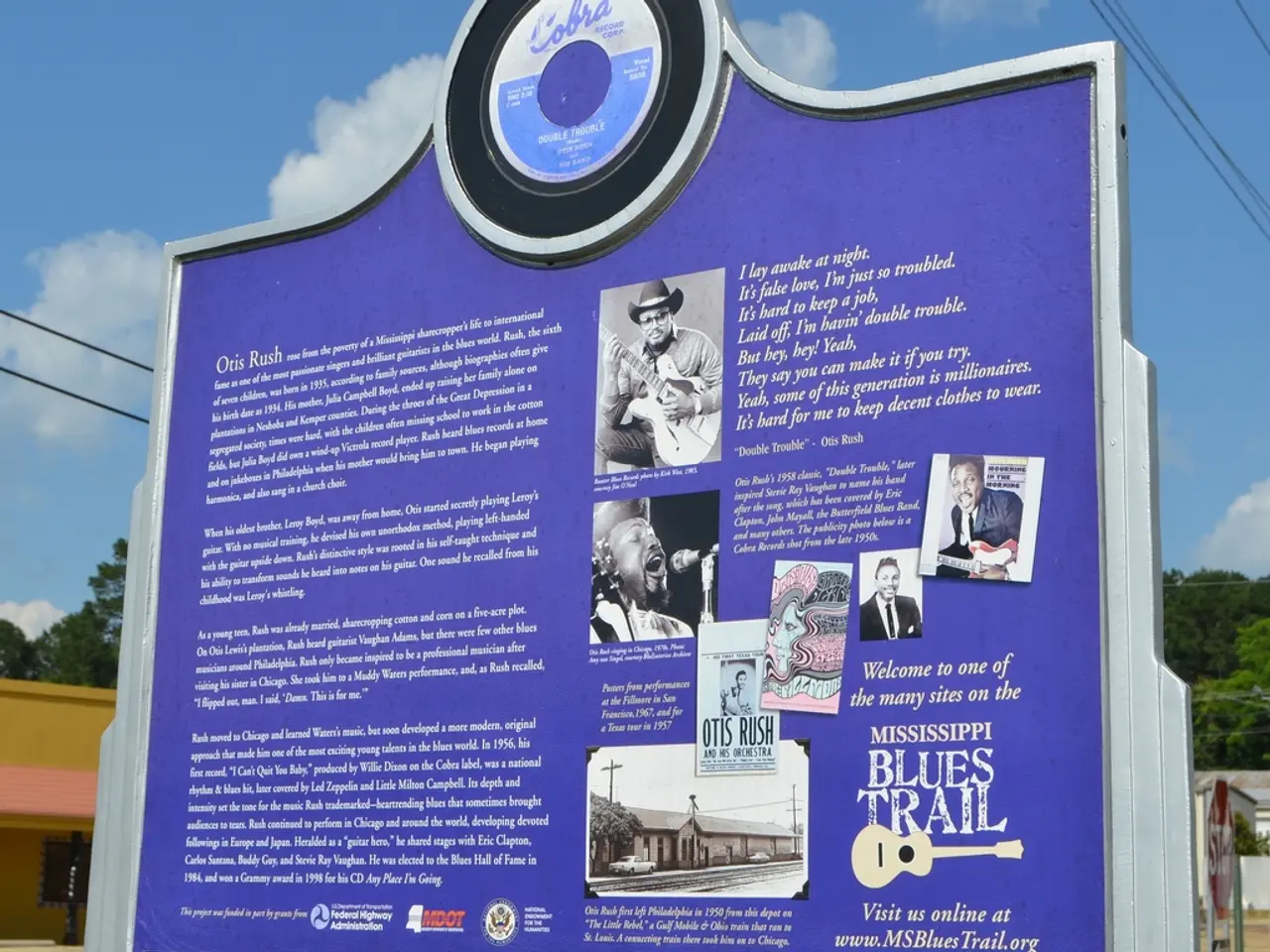Unveiling the Harding Project: revitalizing and refining military writing to a professional standard
The U.S. Army is embarking on a mission to modernize its professional publications, with a focus on renewal and improvement, particularly for branch magazines. The Harding Project, a grassroots initiative, is leading this change, aiming to revitalize military writing and connect professional journals more effectively with the force.
One of the key actions taken by the Harding Project is the enhancement of branch journals. These publications are now published on the Line of Departure platform, a web-first, mobile-friendly site, significantly increasing their frequency and reach. The journals are now publishing more than two new articles daily and reaching over 15,000 unique readers monthly.
The project has also reintegrated these journals into professional development processes within the Army. This includes updating Army regulations and incorporating a citation requirement in NCO education to emphasize the importance of these publications.
The Harding Project is also developing a new generation of editors through the Harding Fellowship. Fellows are embedded in the editorial process to build future leaders in professional military writing and editing.
To increase accessibility and subscriptions, efforts have been made to ensure that the improved content reaches a broader audience across different branches and services of the Army.
The Secretary of the Army Awards for Publications Improvement could focus on professional bulletin modernization for the next two years. By tying criteria for these awards to modernizing professional publications, the Army could further encourage renewal.
The Army's professional journals serve important purposes, including informing the force, connecting communities of interest, serving as an outlet for unsupported ideas, archiving earlier thinking, and building written communication skills. However, they require renewal due to a decline in content, inaccessibility, weak engagement, and lack of diversity in authorship.
The Army could adopt policies such as publishing an annual anthology of each year's best articles, mandating the citation of just one professional article per written assignment, and awarding noncommissioned officers promotion points for publishing in a professional journal.
Centers of excellence could recruit and train junior editors from lieutenants in their basic courses with the aptitude and inclination, who could perform basic functions like social media support, screening articles, and copy editing. Extrapolation from a recent survey suggests there could be more than 360 potential volunteer editors for Army journals.
The Harding Project invites those passionate about renewing military writing to follow the project and submit articles or posts for consideration. If successful, the Harding Project will renew the Army's professional publications, modernize outlets, educate the force on the Army's publications, improve archives, and empower volunteer editors.
In the spirit of Major General Edward Croft, who revived the Infantry Journal in 1934 to solicit ideas for modernizing the US Army, the Army today is seeking to modernize before the next war and needs input from the entire Army to succeed. With the help of volunteer editorial teams, the capacity of civilian editorial teams at professional journals can be increased, a capable cohort of military writers can be developed, and professional journals can be better connected with the force.
The Army should also transition archives from the issue-level to the article-level and improve metadata to ease the use of research tools like Zotero. Most Army publications have no indexed archives, making it difficult for students and researchers to find specific topics.
Under Harding's editorship, the Infantry Journal fostered debates on changing tactics and technology before World War II. The Army's professional military publications, if renewed, can once again serve as a platform for innovative ideas and a bridge between military thinkers and the wider force.
- The Harding Project is working on integrating military education into the Army's professional development processes, including updating Army regulations and requiring citation of professional articles in NCO education to highlight the significance of these publications.
- The Project is enduring a transformation of military writing by developing a new generation of editors through the Harding Fellowship, where future leaders in professional military writing and editing are being cultivated.
- To enhance the reach of modernized content, the Army will prioritize policies such as publishing an annual anthology of the year's best articles, mandating the citation of one professional article per written assignment, and awarding noncommissioned officers promotion points for publishing in a professional journal.
- Technology is playing a crucial role in this modernization process as the Army's branch journals are now available on the Line of Departure platform, a web-first, mobile-friendly site, increasing their frequency and reach.




